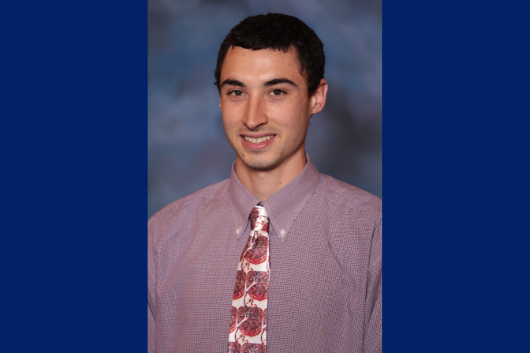Pollutants concentrate in the fetal portion of the placenta: Implications for thyroid hormone regulation

The placenta is an ephemeral organ composed of both maternally- and fetally-derived tissues separated by a semi-permeable membrane that facilitates the exchange of nutrients, gases, hormones and waste between the mother and fetus. Numerous studies have shown that this barrier is permeable to environmental pollutants such as flame retardants (FRs), which are ubiquitously detected in human serum, breast milk & cord blood. Furthermore, several studies have shown a correlation between FRs and thyroid hormone dysfunction. Using in vitro, in vivo, and ex vivo models, we investigated the tissue-specific accumulation FRs, their impact on thyroid hormone regulation, and the mechanism by which FRs are transferred from maternal serum to the fetus.
Live Zoom presentation. Register to receive Zoom link at: https://duke.zoom.us/meeting/register/tJ0lfuCvqjkuGdNB8Q-cH3F4dCFQ4ej0DwDb







